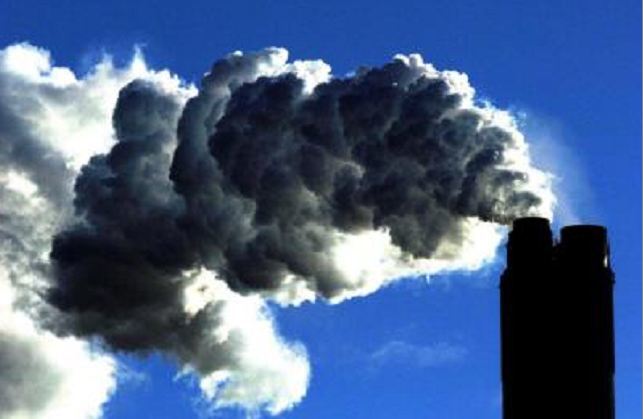
The UK’s greenhouse gas emissions dropped by more than 8% last year in the face of lower electricity use and less burning of coal to generate power, provisional figures show.
Renewables such as wind, solar, bioenergy and hydropower generated almost a fifth (19%) of the UK’s electricity in 2014, a new record high for the clean technologies.
There was a drop in emissions of 8.4% in 2014 compared with 2013, while output of the main greenhouse gas – carbon dioxide – fell by nearly a tenth (9.7%), statistics from the Department of Energy and Climate Change showed.
The biggest reductions were seen in the power sector, where emissions fell 15% as less electricity was generated and there was a shift away from burning coal towards more gas and renewables.
Renewable power generation rose to 19% from 15% in 2013, with low-carbon sources including nuclear accounting for almost two-fifths (38%) of the UK’s electricity in 2014.
The biggest share of renewable energy came from bioenergy – burning products such as wood pellets to generate power – which accounted for 36% of the total, while 29% came from onshore wind, 21% from offshore wind, 9% from hydro and 6% from solar.
The figures on emissions showed a slight increase in pollution from transport, but emissions from homes, which are mainly from heating, fell almost 17% as the country experienced a warmer year in 2014 than in 2013.
Environmental campaigners welcomed news of the fall in UK greenhouse gases, which comes after the International Energy Agency (IEA) announced that global emission rises had stalled last year despite economic growth.
Dr Doug Parr, chief scientist at Greenpeace UK, said: “Last year UK carbon emissions fell dramatically whilst the economy grew faster than it has in any year since 2007. This is further evidence, if it was needed, that efforts to cut carbon pollution and boost our economy can go hand in hand.
“And since a reduction in coal use was a crucial factor in bringing down CO2 emissions, these figures give us a taste of what could be achieved if our political leaders got serious about phasing out the dirtiest of all fossil fuels and gave proper backing to clean energy.”
Guy Shrubsole, Friends of the Earth climate campaigner, said: “Such a sharp drop in emissions in one year is encouraging news. Clean solar and wind power are skyrocketing as prices continue to tumble.
“But this doesn’t mean we should rest on our laurels – the Government should build on the momentum and set more targets for getting off fossil fuels faster.
“The Government also need to be more rigorous in ensuring that some energy sources – like biomass – are really low carbon, and do not cause other environmental problems.”
And he said that, with the UK and European Union well on track to meet targets to cut emissions by 2020, the bloc should be “massively ramping up” its ambition for future goals ahead of UN talks which aim to secure a new global climate deal in December.
The statistics also showed that, in the last three months of 2014, renewables played an even bigger role in electricity generation, accounting for 22% of UK power.
Industry body RenewableUK’s deputy chief executive, Maf Smith, said: “It’s wonderful to see renewable electricity reach another record of 22% of electricity generated and to see wind providing the lion’s share of that.
“Communities up and down the country benefit from wind power via the 34,500 people employed in the sector, and local benefits and contracts, and these statistics show it’s doing its primary job of providing clean homegrown power and weaning us off fossil fuel imports.
“Onshore and offshore wind is a UK success story, and as the general election approaches, politicians should recognise its value, and support it fully.”
Recommended for you
